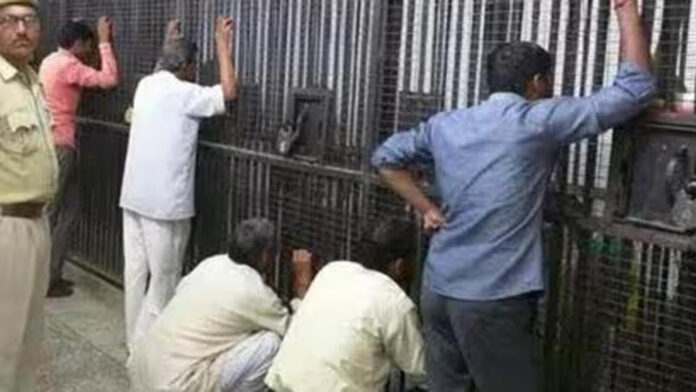The Ministry of Home Affairs (MHA) has enacted significant amendments to the Model Prison Manual, 2016, and the Model Prisons and Correctional Services Act, 2023, aiming to eliminate caste-based discrimination within India’s prison systems and redefine the term “Habitual Offender” to align with constitutional principles.
The reforms follow the landmark Supreme Court judgment in Sukanya Shantha vs Union of India and others (October 3, 2024), which highlighted systemic caste discrimination and unconstitutional practices in correctional institutions. The court directed the Union and state governments to take immediate corrective measures.
In a written message on December 30, 2024, the MHA instructed all states and Union Territories (UTs) to adopt these amendments and ensure strict compliance with the Supreme Court’s directives.
Key Amendments in the Model Prison Manual
- Prohibition of Caste-Based Discrimination:
- A new section titled “Prohibition of caste-based discrimination in Prisons and Correctional Institutions” has been added to Chapter V (Custodial Management) of the Model Prison Manual, 2016 (Page No. 62, Points 5.68 to 5.70).
- Discrimination, classification, and segregation of prisoners based on caste are prohibited.
- Allotment of duties or work in prisons will not be influenced by caste.
- Provisions of the Prohibition of Employment as Manual Scavengers and their Rehabilitation Act, 2013 will be enforced in prisons. Hazardous cleaning practices, such as manual scavenging, are strictly forbidden.
- Revised Definition of ‘Habitual Offender’:
- Following the Supreme Court’s declaration that existing references to “habitual offenders” in prison manuals are unconstitutional, the definition has been updated.
- A “habitual offender” is now defined as a person convicted and sentenced to imprisonment on more than two occasions within a continuous five-year period for distinct offences. Time spent in jail under sentence or detention will not count towards this period.
Impact on State Legislation and Compliance
States and UTs are mandated to align their prison manuals and rules with the amended definitions and guidelines. The changes are especially significant in jurisdictions lacking a Habitual Offenders Act. Governments have been given three months to implement these revisions.
Focus on Equality and Justice
These amendments reflect a concerted effort to uphold the dignity of prisoners and address entrenched social biases within India’s correctional framework. The Supreme Court’s directives and the MHA’s subsequent action mark a pivotal step toward ensuring fairness and equality in the administration of justice.
The reforms also underscore the need for heightened awareness and accountability in prison management, fostering a system that aligns with constitutional values and human rights.


